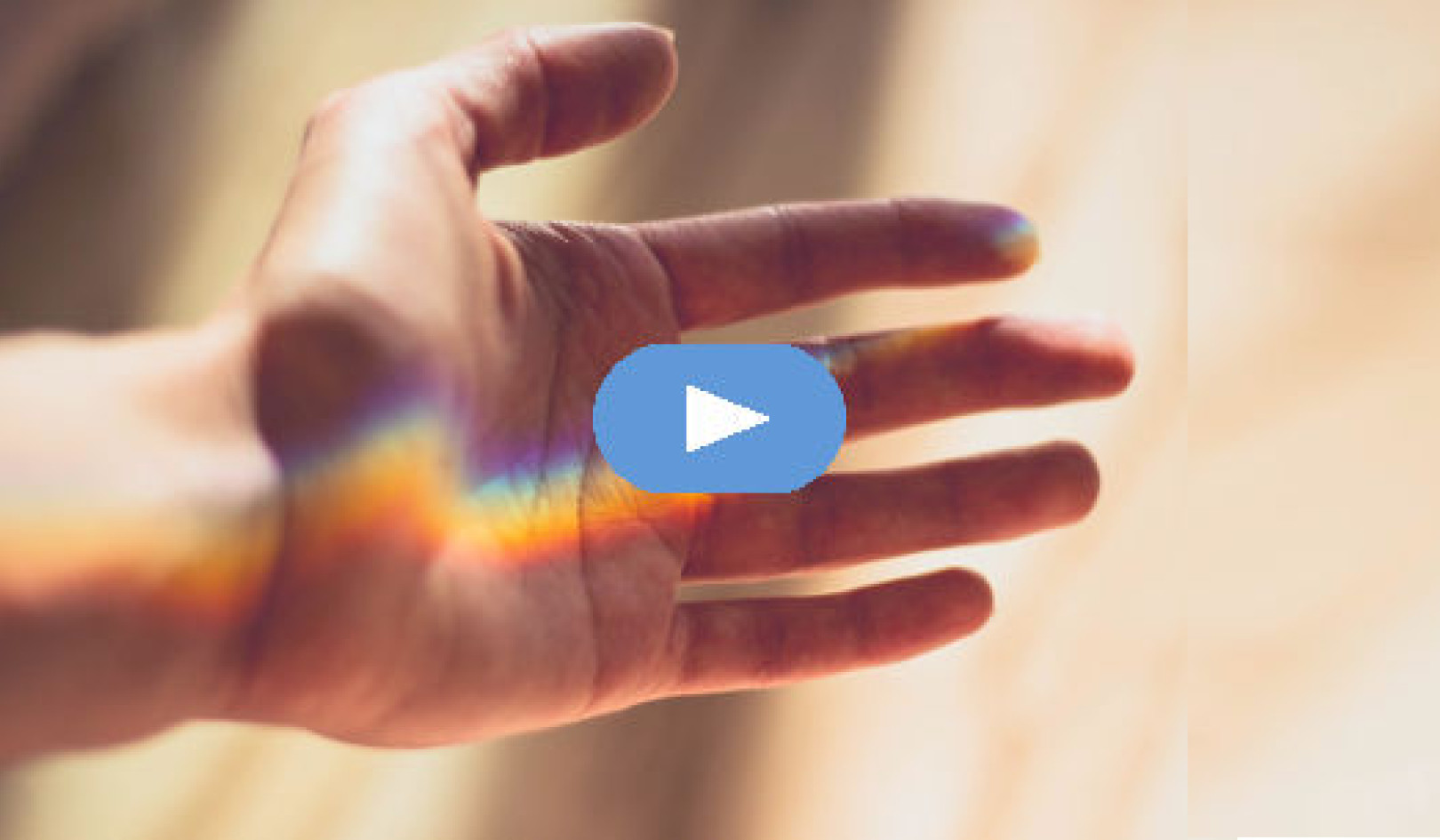
(Editor's Note: While this article deals with drug-addiction, we can apply its tenets to any of our addictive behaviors: compulsive textiing, email-checking, cell phone dependency, sweet-tooth or junk food addictions, TV or internet-watching, as well as the more "traditional" addictions such as smoking, drinking, chemical dependencies, etc.)
What characterizes the life of an addict is chaos. As a prerequisite to building a new life from scratch, you have to bring order to this chaos. It is like the first thing that must happen after demolition — in this case, wiping the slate clean by getting off drugs through detox. A new drug-free life won’t just happen; addicts do not stay off drugs just because they want to. Something needs to fill the empty lot where drug addiction used to be, but before you start building, you need architectural drawings that show contractors what to build. In other words, you need a plan.
Consider all the positive things that you want and need to do to create a meaningful life. How will you fill the time that was once devoted to addiction? You don’t need to think of everything right away, but you need to start somewhere. Focus first on personal actions closest to home: eating a balanced diet, practicing good hygiene, getting regular exercise, getting enough sleep, and so on. Consider joining support groups, repairing relationships, making new friendships, and taking care of business: your income, your job, your home.
Initially, also focus on removing from your life anything having to do with your previous addictive lifestyle: Get rid of drug paraphernalia, avoid drug dealers and drug-using friends, and avoid risky drug-related behavior. Learn and practice drug-refusing techniques, and cultivate an attitude and lifestyle of abstinence from all drugs of abuse, legal or not.
Making A New "Architectural" Plan For Your Life
As you list all the things you need to accomplish, pull out a calendar and schedule each one by the day and the hour. When are you going to shop, work, make that phone call, see that friend, attend meetings?
Ultimately, the goal of planning is to schedule non-drug activities for every waking hour of every day. Do this, and there will be no time or opportunity to relapse.
Scheduling may seem simple or even silly, but it gives your new life structure. A schedule is your architectural plan. Of course, it will change over time, and you will often need to be flexible. But don’t be lax about planning. Be proactive. Every Sunday, plan each week; every morning, plan each day. Regard a blank square on the calendar as a problem to solve.
Why? Because relapse often begins when someone has nothing to do and nowhere to go. Being sober can start to feel boring, which is a frequent complaint among people who first stop using drugs. But the mind can’t really be idle and focus on nothing for very long. If we’re bored, our mind wanders until it attaches itself to something more interesting.
If an addict’s mind wanders to using, then these memories can start the craving process, and once an addict starts craving, this feeling can build till it leads to relapse. This is why we say that an idle mind is the devil’s workshop, and “Bargains and compromises now; hell to pay later.” Make sure you are too busy pursuing a meaningful life to be bored.
Also keep this in mind: If you fill up all your waking hours with things to do that do not include using drugs, when the day is over, you will have one whole day without using. That is one day of being drug-free. Repeat this enough times, and it becomes a habit. Repeat this habit, and it becomes your lifestyle. Do that, and you have overcome addiction.
PAUSE
How often do you feel bored? What do you do about it? Did you ever once do drugs simply out of boredom? Here’s a plan for the next time you find yourself bored: Pledge to do the most difficult task on your to-do list. If you do, I guarantee life will suddenly be less boring.
Support Groups, Mentors and Role Models
Unfortunately, in our current treatment system, recovering addicts are too often left to their own devices. However, no one can prevent relapse and build a meaningful life alone. You must seek and ask for support and help from others.
In terms of relapse prevention, the most common strategy is to see a therapist or join a recovery group, such as Alcoholics Anonymous and similar groups. There is nothing wrong with this and much to recommend it. It can be very helpful to talk with others who know firsthand what you are going through.
That said, groups and therapy are not for everyone. They require commitment and effort, just like anything, and not everyone is equally comfortable in them. Plus, each therapist and group is different. There is no one-size-fits-all in this. It may take several attempts before someone finds the right forum or the right people.
The most important advice is to try a few sessions with a therapist or group and judge for yourself. If attending these sessions makes you feel like staying off drugs and doing something meaningful, keep going. If not, stop and try a different group or something else.
However, don’t stop there. Consider people you know — either in your life or in history — whose actions and life inspire you and are worth emulating. We all learn from others, and they don’t need to be formal teachers.
Ideally, you can identify someone in your life who would be willing to be a mentor for you during recovery, someone you like and look up to and whom you can converse with easily. But we can also learn something from nearly everyone we come into contact with, as well as from historical figures and even fictional characters.
Confucius said, “Whenever three people walk together, one of them is a teacher of mine.” What he meant was that we can learn from just about everyone, whether we admire what they’ve done or not. It is all learning.
It doesn’t even matter if the person you admire is alive or even real. When faced with uncertainty, you might reflect, “What would my hero do in this situation?” Asking questions like this can help you do the right thing and avoid lots of trouble. In the same vein, you might say to yourself, “I don’t want to do anything that I wouldn’t want my mother to find out about.”
Others don’t have to have shared our experience to help us. One mystery about learning is that we can apply knowledge in one area to many other, seemingly unrelated situations. This is called generalization, and it applies to our own knowledge.
Faced with a unique situation, we do not have to learn everything from scratch. Everything in our brain is connected to everything else; our brains can connect what we already know to novel problems and figure out solutions. Telescopes can study both the constellations and the seas, the stars and the dolphins leaping out of the water.
In other words, never feel alone. Seek help, look to others for guidance, and trust that you can also be a good teacher to yourself.
PAUSE
Think about the people you admire, and name the qualities that you admire in them. Which of those qualities would help you most right now, and in what situations? Consider asking these people for support, even just in your mind, whenever you need it.
From Experience to Habit to Expertise: Strength of Memory
As I say, relapse prevention depends on replacing old, drug-use memories with new, non-drug memories. What does that mean in practice?
What we do constitutes our life experience, which is what our memory is composed of. Doing things creates new brain connections, new protein syntheses, and new gene expressions that are stored as memories. Memory determines how we think and how we feel, and memories underlie our belief system. Our belief system determines how we act. How we act determines how things turn out in our lives.
That said, not all memories are equal. The strength of a memory increases as the experience that created the memory is repeated. At some point, a memory can grow so strong that it compels us to repeat the initial act effortlessly, as if it were automatic. It becomes a habit.
When a habit forms, it indicates that the experience has been repeated a lot. When we call addictive behaviors “habits,” we mean the addict is doing drugs and engaging in drug-related activities so much, often to the exclusion of virtually everything else, that they become automatic.
How much is “a lot”? How many repetitions do you need to make a habit? When people say “practice makes perfect,” how much practice are they talking about?
Creating a habit takes somewhere from sixty to a few hundred repetitions, depending on the activity. At that point, the activity is done without thinking, and in some cases it becomes hard not to do the activity. Support groups are not kidding you when they tell you to go to ninety meetings in ninety days. Going to meetings once a week will not make this a habit.
Expanding Your Area of Expertise
If you think about it, addicts are experts at what they do. They spend thousands of hours practicing addictive behaviors — not just looking for drugs and using drugs but cheating, lying, stealing, and everything else that goes with life as an addict. So to overcome addiction, a person must seek to become a different kind of expert. They must pursue non-addict activities just as relentlessly, repeating non-addict life experiences over and over, day after day, until their memory grows strong enough for those actions to become automatic, matters of habit.
To successfully overcome addiction, plan ahead, schedule your time, seek support, and then every hour of every day focus on non-drug activities and non-addictive behaviors, until pursuing a meaningful, non-drug life becomes not just your habit, but your area of expertise.
Copyright ©2017 by Walter Ling, MD.
Reprinted with permission from New World Library
www.newworldlibrary.com.
Article Source
Mastering the Addicted Brain: Building a Sane and Meaningful Life to Stay Clean
by Walter Ling, MD
 Good intentions alone aren’t enough to break destructive habits. However, addiction can be managed once its true nature is understood. This simple yet profound guidebook takes you step-by-step through the process of building a life after addiction by adopting new behaviors that create lasting change.
Good intentions alone aren’t enough to break destructive habits. However, addiction can be managed once its true nature is understood. This simple yet profound guidebook takes you step-by-step through the process of building a life after addiction by adopting new behaviors that create lasting change.
Click here for more info and/or to order this book.
About the Author
 Neuropsychiatrist Walter Ling, MD, is a pioneer in research and clinical practice for science-based addiction treatment. Dr. Ling has served as a consultant on narcotic affairs to the US Department of State and the World Health Organization. He is Professor Emeritus of Psychiatry and the founding director of the Integrated Substance Abuse Programs (ISAP) at the University of California, Los Angeles.
Neuropsychiatrist Walter Ling, MD, is a pioneer in research and clinical practice for science-based addiction treatment. Dr. Ling has served as a consultant on narcotic affairs to the US Department of State and the World Health Organization. He is Professor Emeritus of Psychiatry and the founding director of the Integrated Substance Abuse Programs (ISAP) at the University of California, Los Angeles.



























